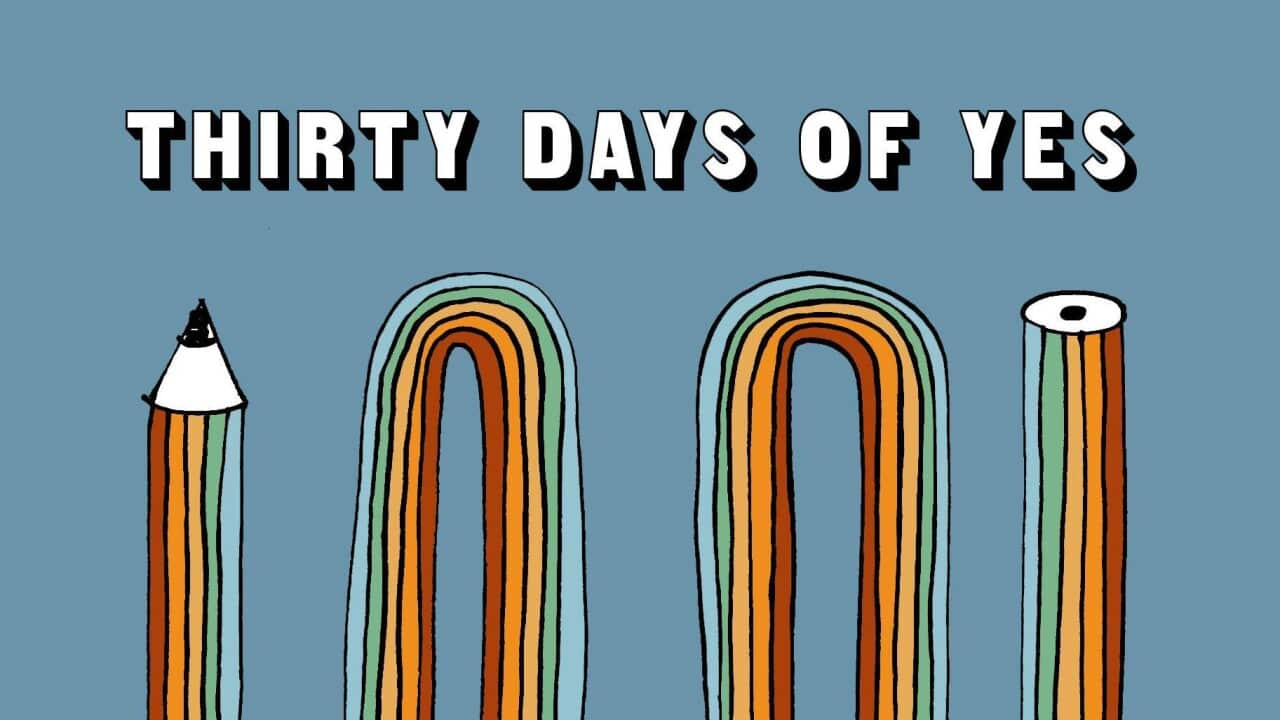Scrolling through social media, I am comforted by rainbow-framed profile photos, posts from the LGBTI+ community expressing the importance of yes vote, and articles that perpetuate we live in a civilised society where everyone shares the same view. Within the safety of my filter bubble, I am protected from the vitriol of the other side.
We live in a society of free speech where everyone has the right to articulate opinions without fear of censorship or societal sanction. On social media however, we have the ability to drown out voices and carefully curate newsfeeds by creating echo chambers. By unfriending people, liking content specific to our interests and algorithms that further taper these walls, it is easy to fall into a false sense of reality.
create “an environment in which a person encounters only beliefs or opinions that coincide with their own, so their existing views are reinforced and alternative ideas are not considered,” according to the Oxford Dictionary.
In a poll I recently conducted using asking whether people were supportive of marriage equality and if they had sent off their postal surveys, 96 per cent of participants hit the “yes” button.
Those that hit “no” were illegible to vote. This, of course, only portrays the view of my followers on social media, most of whom share similar ideologies to my own.
Echo chambers create “an environment in which a person encounters only beliefs or opinions that coincide with their own, so their existing views are reinforced and alternative ideas are not considered."
It would be pleasant if we lived in a country where everyone had equal rights. Just like it would be nice living in a world where bigotry and discrimination didn’t exist. But in a society where gender, race, religion, generations and sexuality all play a substantial role, there will always be a difference of opinions, no matter what is being debated.
Overseas we witnessed the consequence of echo chambers with the aftermath of and the election of . Those advocating against these events were left astonished as their social media channels limited their exposure, and only reinforced already existing opinions.
These insular walls not only promote confirmation bias, but contribute to polarisation and segregation within society. By narrowing access to information, rather than building up a sense of tolerance and understanding, the ability to thoughtfully challenge alternative attitudes is left limited.
It is difficult to engage with the spread of misinformation, or lies fed into the media, if we aren’t aware they exist.
We restrict the opportunity to gauge the reality of what others are voting; their thoughts, feelings and opinions. If we do that, it is tough to comprehend the amount of time and energy required in discussions with those who hold conflicting views.
It is difficult to engage with the spread of misinformation, or lies fed into the media, if we aren’t aware they exist.
The repetition inside these defined systems may protect people from insensitive content circulating online, but they also leave deprived the opportunity to form balanced arguments. With any strong case required to form a solid stance, knowledge and understanding needs to be taken from both sides.
Founder of and former Deputy Director for , Ivan Hinton-Teoh, said his overarching concern is the well-being of , which may be a contributing factor to the formation of echo chambers, by people steering clear the vile content posted online.
“On one hand, these echo chambers may be a form of insulation from the darker aspects of our society. On the other, echo chambers can also allow for ignorance, which provides no benefit to the nation,” Hinton-Teoh says.
He said in this landscape those responsible for the distribution of information have a responsibility for ensuring that information is credible. “It's more essential than ever to ensure quality information gets through those chamber walls if we're to aspire to living in "the information age". If we don't "dis-information" it will define us and society's future,” Hinton-Teoh says.
Social media was created for people to connect, share ideas and remove barriers; however, it also has the ability to create division in our society, among friends, families and social circles. Life inside an echo chamber is nice; the acoustics are pleasant, and our voices are louder and repeat what we want to hear, but sometimes they can do more harm than good.
If you are in need of support, call Lifeline on 131 114, on 1300 22 4636 or on 1800 55 1800.






